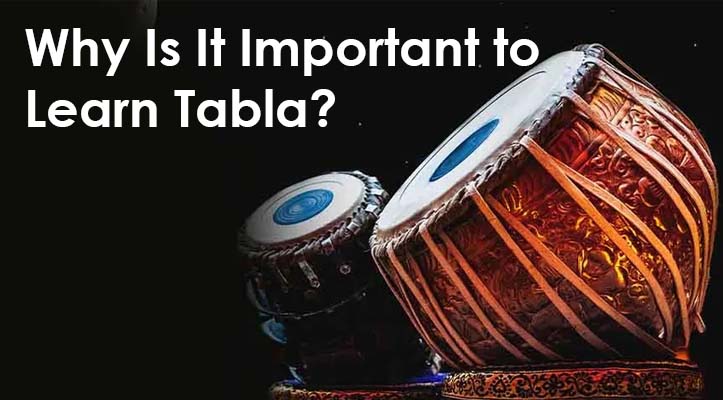Why Is It Important to Learn Tabla?
Learning Tabla is important not only for developing musical skills but also for enhancing mental and physical coordination, focus, and discipline. As one of the most intricate and expressive percussion instruments in Indian classical music, the Tabla helps students build a strong foundation in rhythm (laya) and timing (taal), which are essential for all forms of music. It sharpens listening skills, encourages improvisation, and deepens one's understanding of musical structure. Beyond music, learning Tabla promotes patience, cultural appreciation, and mental clarity. Whether pursued as a hobby or a profession, Tabla training enriches both the mind and soul, making it a valuable art form for students of all ages.
Scientific studies have shown that learning and practicing the Tabla can significantly enhance brain function, especially in areas related to rhythm, motor skills, and cognitive processing. Research in neuroscience reveals that percussion training—like Tabla playing—activates both hemispheres of the brain, improving coordination, memory, attention span, and problem-solving skills. A study published in the Journal of Neuroscience found that rhythmic musical training sharpens auditory discrimination and strengthens neural pathways associated with sound processing and timing.
Additionally, playing the Tabla requires precise hand movements and complex patterns, which help in developing fine motor skills and bilateral coordination. Psychologists and educators have also noted that students who engage in regular rhythmic practice show better emotional regulation and reduced stress levels. In children, Tabla learning has been linked to improved academic performance, especially in mathematics and language, due to its rhythmic structure and pattern recognition.

